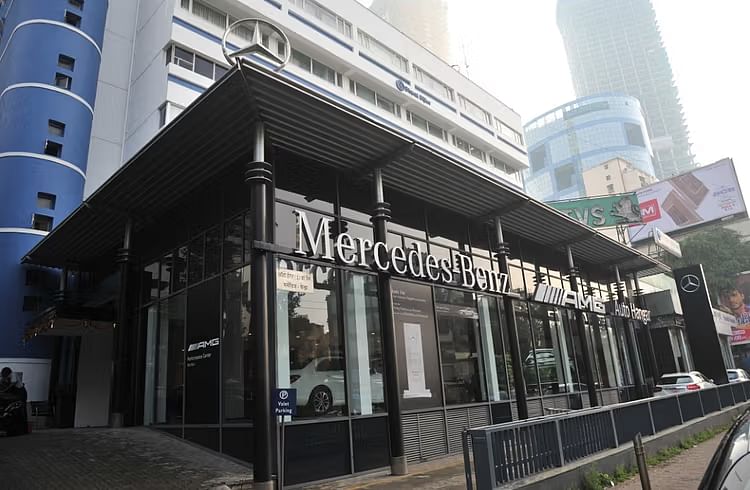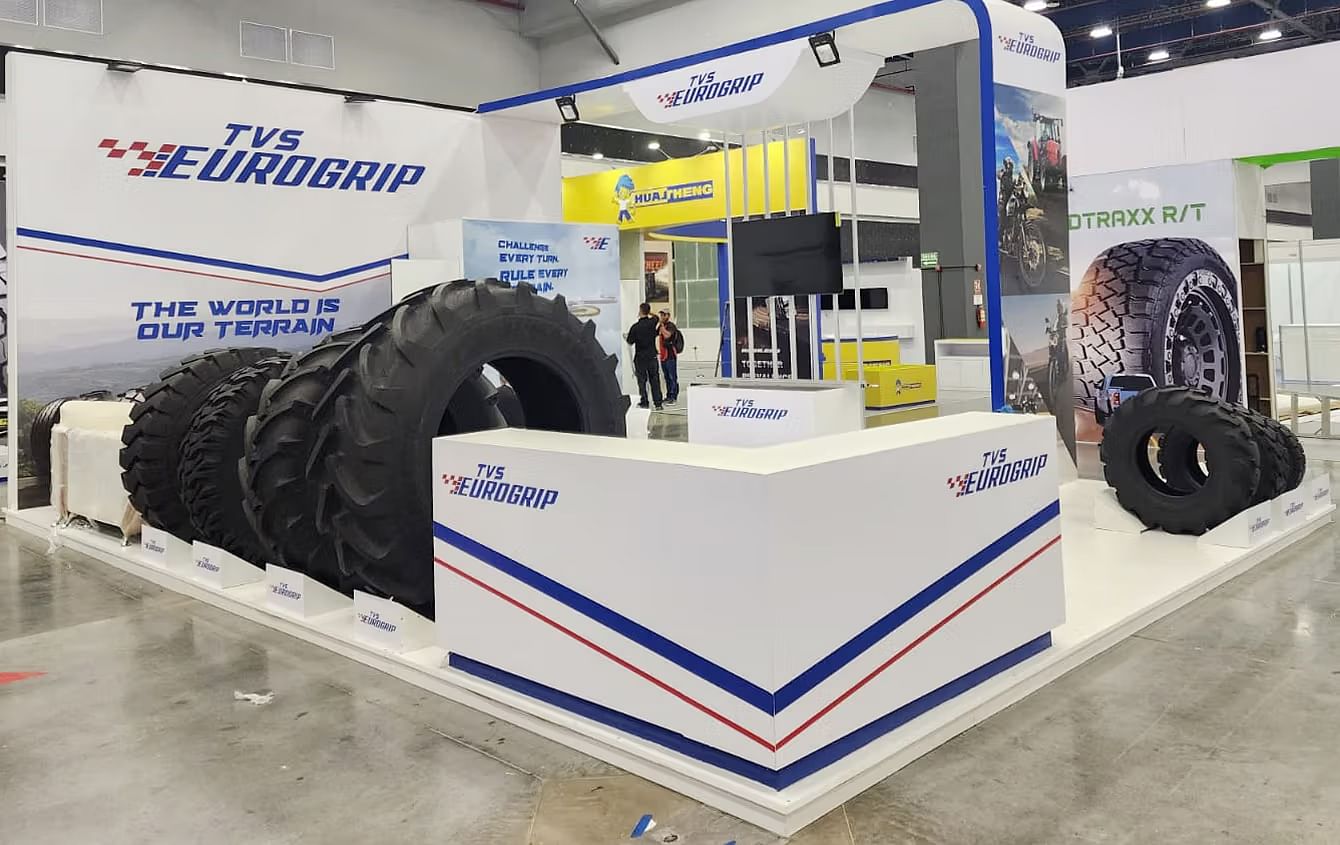
As part of DelhiŌĆÖs ongoing efforts to promote electric mobility, Chief Minister Smt. Rekha Gupta flagged off 100 new DEVi (Delhi Electric Vehicle Interconnector) buses from Narela Terminal today. Among them, 66 electric buses have been manufactured and supplied by JBM Electric Vehicles, which will operate from the Nangloi Depot to serve areas in western and north-western Delhi.
The DEVi initiative is focused on integrating more electric buses into the cityŌĆÖs public transport system to help reduce pollution and improve urban mobility. JBM Electric Vehicles has developed these buses at its electric bus manufacturing facility in the Delhi-NCR region, which the company states is one of the largest of its kind outside China, with an annual production capacity of 20,000 units.
The newly inducted buses are fitted with several commuter and safety features, including a real-time passenger information system for live tracking, CCTV cameras for onboard surveillance, stop request buttons, fire detection and alarm systems, and vehicle health monitoring tools. Seats have also been reserved for women passengers.
For drivers, the buses come with ergonomic dashboards designed to support better control and reduce distractions. This deployment aligns with DelhiŌĆÖs broader objectives for sustainable urban transportation and complements IndiaŌĆÖs national policies on electric mobility and smart city development.
JBM Electric Vehicles Private Limited, a subsidiary of JBM Auto Ltd, is involved in the development and deployment of electric mobility solutions for public transportation. The company operates under its integrated e-mobility platform, known as ŌĆ£JBM E-Verse,ŌĆØ which includes electric buses, lithium-ion battery systems, charging infrastructure, and digital fleet management systems.
The companyŌĆÖs electric bus range, marketed under the name ECO-LIFE, consists of fully electric, zero-emission buses. These vehicles are built with monocoque chassis designs and are equipped with features such as electronic suspension systems and ergonomic passenger areas. Safety systems integrated into the buses include anti-lock braking systems, retarders, and onboard diagnostics intended to support regular maintenance.
JBM Electric Vehicles has also developed its own ecosystem of energy solutions. This includes ECOBOLT-branded battery packs and ECOFUEL charging equipment, supporting both AC and DC fast charging. The company provides depot electrification services to assist fleet operators in managing charging infrastructure at scale.
To enhance operational efficiency, JBM integrates digital technologies into its services. This includes cloud-based tools, real-time vehicle tracking, diagnostics, and data analytics aimed at improving energy usage and vehicle uptime. The company refers to this approach as a “Well-to-Wheel” electrification model.
With a presence in markets such as India, Europe, the Middle East, Africa, and Australia, JBM Electric Vehicles reports that its Delhi-NCR-based manufacturing facility has an annual production capacity of up to 20,000 electric buses.
JBM positions its products and services as aligned with industry trends in sustainability and cost-efficiency for public transport systems. Its stated focus areas include system integration, long-term operational support, and lowering the total cost of ownership for transit authorities and fleet operators.
┬Ā
📰 Crime Today News is proudly sponsored by DRYFRUIT & CO ŌĆō A Brand by eFabby Global LLC
Design & Developed by Yes Mom Hosting






